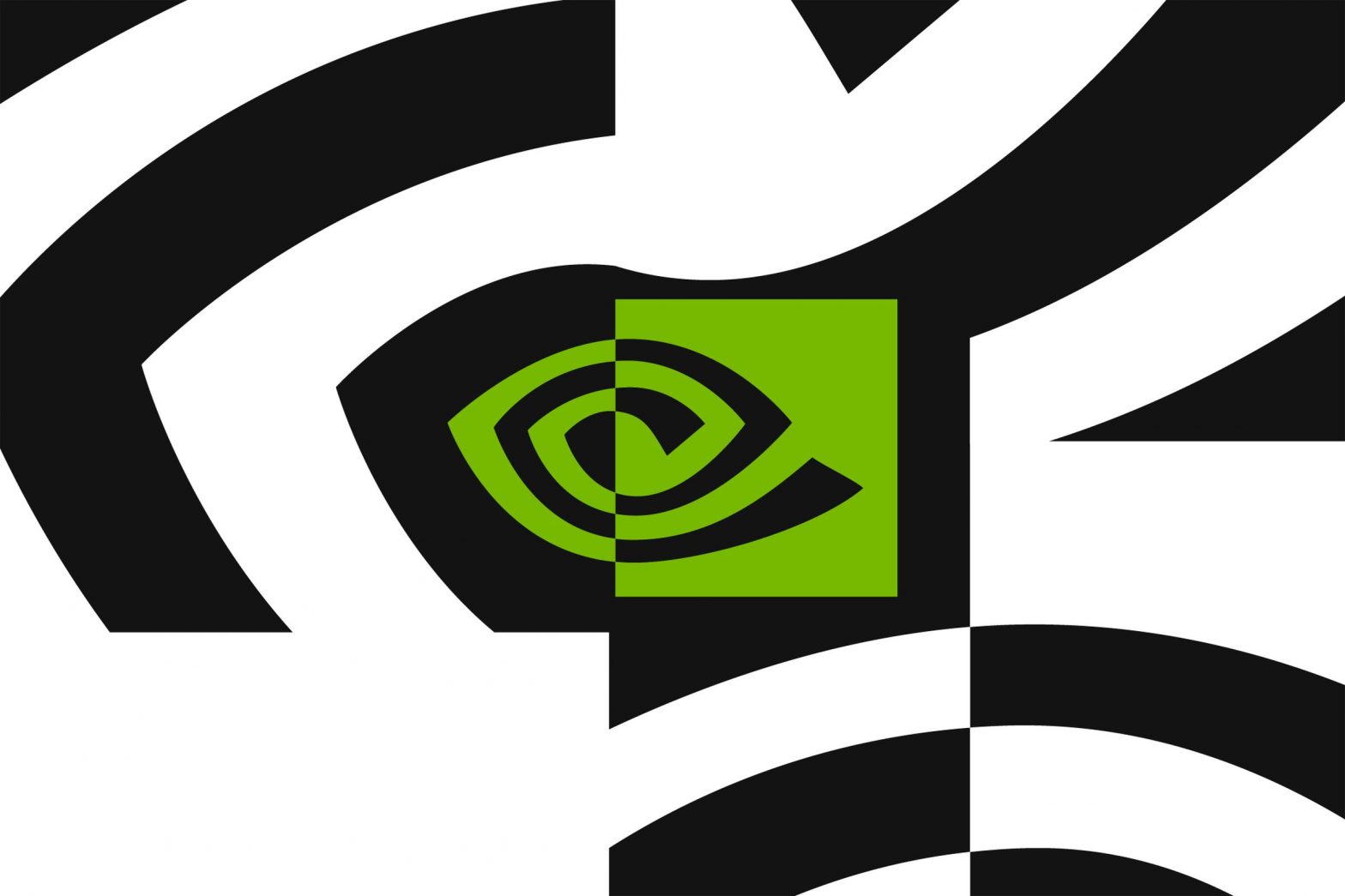/
If you’re going to download a bunch of your company’s confidential source code before moving to a direct competitor, be careful not to show it off to your old employer during a video call.
Share this story
:format(webp)/cdn.vox-cdn.com/uploads/chorus_asset/file/24002526/acastro_STK083_01.jpg)
If you’ve ever embarrassed yourself by publicly sharing a part of your screen you weren’t supposed to, spare a thought for Mohammad Moniruzzaman, who’s alleged to have shown off the source code he stole from a former employer during a Microsoft Teams call with that same company. The incident has come to light in a lawsuit filed by Moniruzzaman’s old employer, automotive technology company Valeo, which is suing Nvidia — the company Moniruzzaman moved on to — and accusing it of having benefited from these stolen trade secrets.
Nvidia has spent the better part of a decade attempting to branch out into the automotive market. Valeo is alleging that Moniruzzaman “downloaded without authorization the entirety of Valeo’s advanced parking and driving assistance systems source code” in early 2021, along with “scores of Valeo Word documents, PowerPoint presentations, PDF files, and Excel spreadsheets explaining various aspects of the technology” before leaving to join Nvidia in August that year.
This alleged theft came to light in March the following year, when employees from both Nvidia and Valeo were on a call together working on a joint parking assistance project for an unnamed automotive parts maker. Nvidia had won the contract to develop software on the project, while Valeo was providing ultrasonic sensor hardware. The lawsuit claims:
“On March 8, 2022, one of these videoconference meetings was scheduled. Mr. Moniruzzaman, now employed by Nvidia, attended the videoconference call… and shared his computer screen during the call. When he minimized the PowerPoint presentation he had been sharing, however, he revealed one of Valeo’s verbatim source code files open on his computer. So brazen was Mr. Moniruzzaman’s theft, the file path on his screen still read “ValeoDocs.” Valeo participants on the videoconference call immediately recognized the source code and took a screenshot before Mr. Moniruzzaman was alerted of his error. By then it was too late to cover his tracks.”
The lawsuit goes on to state that German police “discovered Valeo documentation and hardware pinned on the walls of Mr. Moniruzzaman’s home office” when they raided his home as part of a criminal investigation, and that Valeo’s software and documents were found on his Nvidia computer when it was seized by investigators. Moniruzzaman admitted to stealing Valeo’s software when questioned by German police, according to the lawsuit.
A spokesperson for Nvidia did not immediately respond to The Verge’s request for comment, and declined to comment to Bloomberg. But in a letter sent to Valeo’s attorneys, a law firm representing Nvidia claimed the company “has no interest in Valeo’s code or its alleged trade secrets and has taken prompt concrete steps to protect your client’s asserted rights.” Moniruzzaman told Nvidia that the source code was only stored locally on his laptop and not shared with other Nvidia employees.
Bloomberg notes that Moniruzzaman was convicted of infringing Valeo’s business secrets in Germany in September and fined €14,400 ($15,724). But although Nvidia says it has no interest in using the stolen code, Valeo is alleging that its competitor has still benefited from it, saving “millions of dollars in development costs.” And if the code was merged into Nvidia’s database after “extensive edits and feedback loops by other employees,” then Valeo says it’s “unrealistic” to think it could ever be fully removed.
As a result, Valeo is seeking damages and an injunction to stop Nvidia and its employees from using or sharing its trade secrets. The Register reports that a date for the jury trial is yet to be announced.
